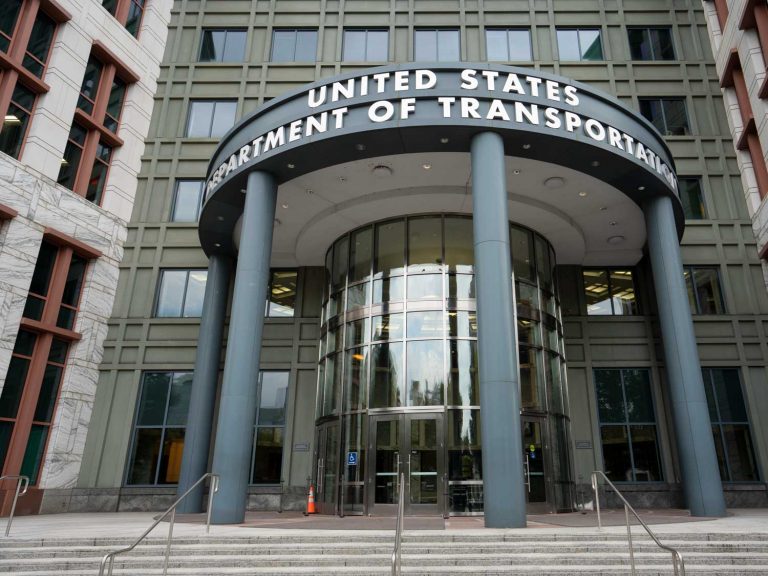
Date:
Complaints by shippers to FMC soar
The US Ocean Shipping Reform Act (OSRA), which was passed into law last June, gives the Federal Maritime Commission (FMC) more power to deal with shipping lines and mitigate supply chain disruption, leading to a slew of claims and jealous European shippers.
In just six months the Federal Maritime Commission (FMC) has received more than 200 complaints since the Ocean Shipping Reform Act of 2022 (OSRA) was enacted, with over 30% of those complaints meeting threshold requirements to be referred to investigators.
Key points of the Reform Act:
– require ocean carriers to prove that detention and demurrage charges comply with federal regulations
– require ocean carriers to prove that detention and demurrage charges are reasonable (shifting burden of proof from the invoiced party to the carrier)
– prohibit ocean carriers to decline shipping opportunities without a good reason
– require ocean carriers to make quarterly reports to the Federal Maritime Commission
The FMC charge complaint process is promoting informal settlements and waivers of demurrage and detention billings, with more than $700,000 in charges refunded by carriers.
Hapag-Lloyd paid a $2 million civil penalty in June over detention fees it assessed to a drayage firm for containers the trucking company could not access. And now a Wisconsin-based non-vessel-operating common carrier (NVO) is accusing Hapag-Lloyd and its rail subcontractor CSX of improperly levying nearly $300,000 in fees against the NVO, after it exceeded container free time, attempting to retrieve containers, it says it could not access.
Despite deciding that current conditions do not necessitate the issuance of an emergency order for shipping lines to share data, the FMC has announced that it intends to issue a supplemental notice of proposed rule-making (SNPRM) to address issues related to the ‘Unreasonable Refusal to Deal or Negotiate with Respect to Vessel Space Accommodations’ proposed rule issued last September.
The commission received almost 30 comments in response to its notice of proposed rule-making (NPRM) on Unreasonable Refusal to Deal or Negotiate, which the FMC believe demand thorough consideration. The SNPRM will address those matters and provide the commission the opportunity to receive additional public comments.
This initiative by the FMC is gathering pace and it is likely that there will be many more claims, and possibly even class action, against carriers over coming months from disgruntled shippers and NVOCC organisations.
Any hope of the EU following the FMC’s lead has evaporated, as market supply and demand has moved in favour of the shippers, but the retained Container Shipping Consortia Block Exemption Regulation (CBER), expires on the 25th April 2024 and if the EU decide to revise or end the exemption regime, the UK may follow.
To learn how we can support your trade with the United States, or to learn more about our ocean solutions, please EMAIL our chief commercial officer, Andy Smith.
We have avoided huge detention and demurrage costs over the last few years for our customers, through slick entry to and from the USA markets and utilising our own facilities, or partner container yards, to limit the impact.
